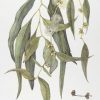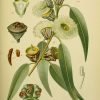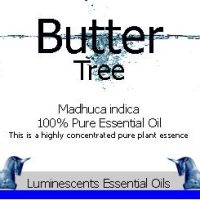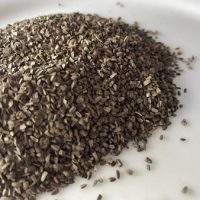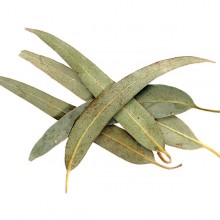Eucalyptus Leaf is most often used as being beneficial for the respiratory system and is really a very good expectorant for those who are suffering from congestion or the flu. Its appealing aroma makes it a popular choice. Eucalyptus is cooling, stimulating and penetrating.
Medicinal Uses of Eucalyptus Leaf:-
A cold extract made from the Eucalyptus is helpful for indigestion and for intermittent fever. An infusion made from the leaves is also helpful for digestive problems and is often used to clear congestion and to ease breathing during colds and flu.
Eucalyptin, which provides the spicy aroma from the leaf, loosens mucus, making it easier to expel.
Eucalyptus is considered to have the following properties:
It is antibacterial, antifungal, antiseptic, antiviral, antispasmodic, astringent, bronchial-dilating, circulatory stimulating, decongestant, diaphoretic, disinfectant, expectorant and febrifuge.
A Eucalyptus Leaf linctus Recipe:-
A particularly effective blend to create a soothing linctus is two parts Blue Mallow Flowers to one part Eucalyptus Leaf simmered for twenty minutes. Cool and strain through a fine sieve. The resultant syrup (which may be sweetenened to taste) should be drunk three times a day. It can be stored in the fridge for around 10 days.
History of Eucalyptus Leaf:-
During the 19th and early 20th centuries, American physicians used Eucalyptus oil to disinfect medical equipment and wounds.
In traditional Australian Aboriginal medicine, the leaves were used in poultices for any type of wound and to relieve inflammation. They also recommended a steam inhalation of Eucalyptus vapours to help treat whooping cough, bronchitis, asthma and emphysema.
Constituents of Eucalyptus Leaf:-
The primary chemical constituents of Eucalyptus include essential oils (cineol, pinene), polyphenolic acids (caffeic, gallic), bioflavonoids (eucalyptin, hyperoside, rutin), tannins, aldehydes and bitter resins. The properties of the oils from different species vary slightly, but all are very antiseptic.



